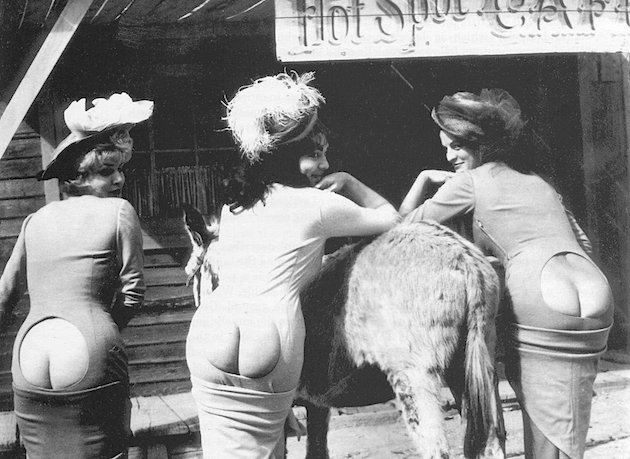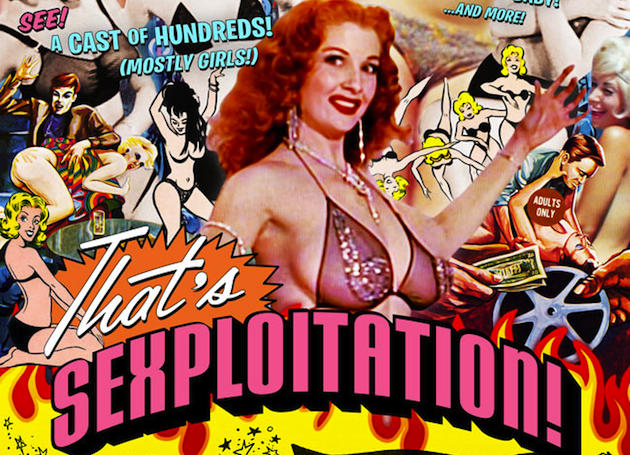Surveying The Glandscape: Russ Meyer At The Anthology Film Archives
Just about anyone who stops by ScreenAnarchy is bound to know the name Russ Meyer, and is at least aware of a film entitled Faster, Pussycat! Kill! Kill!, or perhaps Beyond The Valley Of The Dolls. Associated with the man and his work are words such as sexploitation and/or exploitation. A nickname widely used in some circles for Meyer was "King of the Nudies". But to leave Meyer's films to the heap of low-brow pop culture is a mistake, shutting the doors on someone who was an undoubtedly, vibrant and original film artist.
Running as a precursor to their Sexploitation festival, the Anthology Film Archives in New York is presenting a handful of films from Meyer's vast oeuvre. This retrospective, entitled "The Gladscape Artist", runs from August 15 to August 25.
Our own Peter Gutierrez looks at a selection of these films, detailing why Meyers was indeed much more than the mere "King of the Nudies" -- for instance the 1975 trailer for Supervixens called him "the rural Fellini" (Please be aware that the following gallery may contain images that are NSFW) [ed. Ben Umstead]






Running as a precursor to their Sexploitation festival, the Anthology Film Archives in New York is presenting a handful of films from Meyer's vast oeuvre. This retrospective, entitled "The Gladscape Artist", runs from August 15 to August 25.
Our own Peter Gutierrez looks at a selection of these films, detailing why Meyers was indeed much more than the mere "King of the Nudies" -- for instance the 1975 trailer for Supervixens called him "the rural Fellini" (Please be aware that the following gallery may contain images that are NSFW) [ed. Ben Umstead]







Do you feel this content is inappropriate or infringes upon your rights? Click here to report it, or see our DMCA policy.












